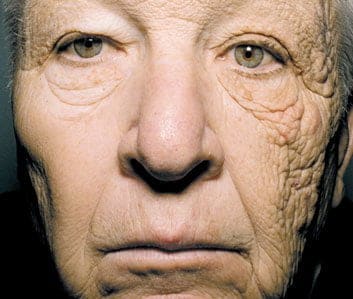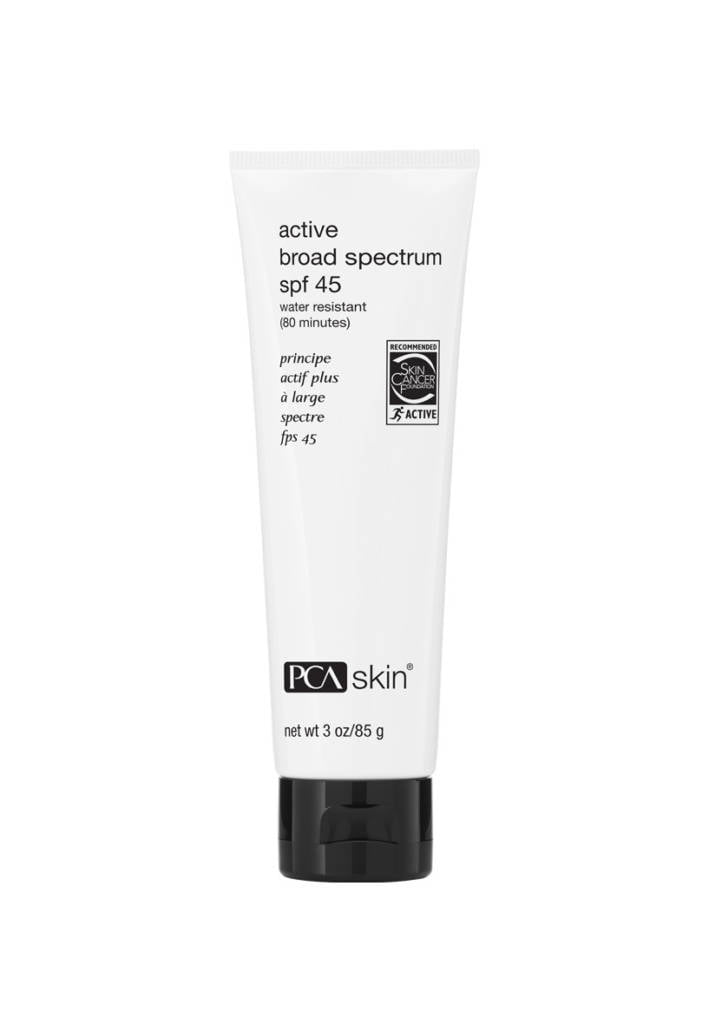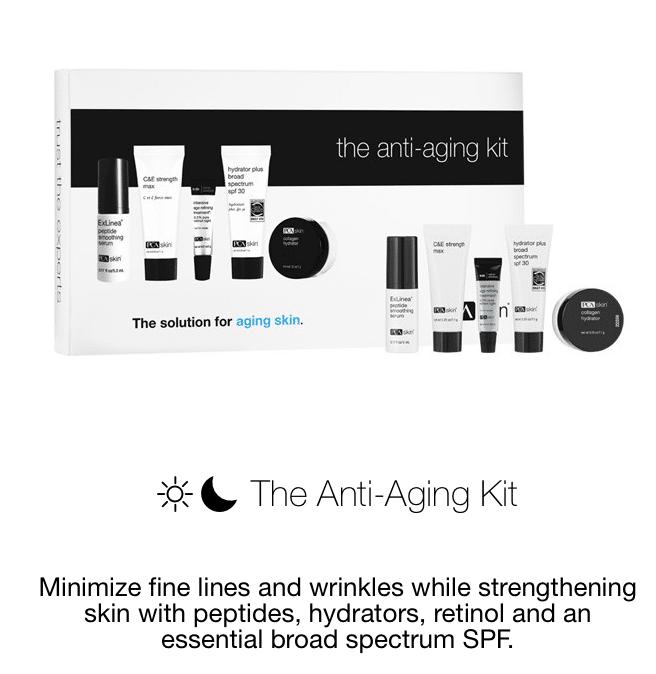Sunscreen! Why you need it? What is Best Sunscreen For Your Skin Type?
Everyone needs sunscreen. Sunscreen use can help prevent skin cancer by protecting you from the sun’s harmful ultraviolet rays. Anyone can get skin cancer, regardless of age, gender or race. In fact, it is estimated that one in five Americans will develop skin cancer in their lifetime.
90 % of aging is caused by the sun One of the main environmental factors that ages our skin is ultraviolet (UV) radiation from the sun.
The American Academy of Dermatology recommends everyone use sunscreen that offers the following:
- Broad-spectrum protection (protects against UVA and UVB rays)
- SPF 30 or higher
- Water resistance
Powder Me – SPF 30
A sunscreen that offers the above helps to protect your skin from sunburn, early skin aging3 and skin cancer. However, sunscreen alone cannot fully protect you. In addition to wearing sunscreen, dermatologists recommend taking the following steps to protect your skin and find skin cancer early:
- Seek shade when appropriate, remembering that the sun’s rays are strongest between 10 a.m. and 2 p.m. If your shadow is shorter than you are, seek shade.4
- Dress to protect yourself from the sun by wearing a lightweight long-sleeved shirt, pants, a wide-brimmed hat and sunglasses, when possible.
- Use extra caution near water, snow and sand as they reflect the damaging rays of the sun, which can increase your chance of sunburn.
- Get vitamin D safely through a healthy diet that may include vitamin supplements. Don’t seek the sun.5
- Avoid tanning beds. Ultraviolet light from the sun and tanning beds can cause skin cancer and wrinkling. If you want to look tan, you may wish to use a self-tanning product, but continue to use sunscreen with it.6
- Check your birthday suit on your birthday. If you notice anything changing, itching or bleeding on your skin, see a board-certified dermatologist. Skin cancer is highly treatable when caught early.
Hydrator Plus Broad Spectrum SPF 30
The sun emits harmful UV rays year-round. Even on cloudy days, up to 80 percent of the sun’s harmful UV rays can penetrate your skin.
Snow, sand, and water increase the need for sunscreen because they reflect the sun’s rays. But summer is even more important to remember of wearing sunscreen.

- Most people only apply 25-50 percent of the recommended amount of sunscreen.8
- Apply enough sunscreen to cover all exposed skin. Most adults need about 1 ounce — or enough to fill a shot glass — to fully cover their body.
- Don’t forget to apply to the tops of your feet, your neck, your ears and the top of your head.
- Apply sunscreen to dry skin 15 minutes before going outdoors.
- Skin cancer also can form on the lips. To protect your lips, apply a lip balm or lipstick that contains sunscreen with an SPF of 30 or higher.
- When outdoors, reapply sunscreen approximately every two hours, or after swimming or sweating, according to the directions on the bottle.
Sun makes our skin age much faster!

He was a truck driver for 28 years, which means he got a lot of sun on the left side of his face, while the right side remained safely in the shade.
Sun not only makes us age faster it causes skin cancer.
Sunlight consists of two types of harmful rays that reach the earth — UVA rays and UVB rays. Overexposure to either can lead to skin cancer. In addition to causing skin cancer, here’s what each of these rays do:
- UVA rays (or aging rays) can prematurely age your skin, causing wrinkles and age spots, and can pass through window glass.
- UVB rays (or burning rays) are the primary cause of sunburn and are blocked by window glass.
The United States Department of Health & Human Services and the World Health Organization’s International Agency of Research on Cancer have declared UV radiation from the sun and artificial sources, such as tanning beds and sun lamps, as a known carcinogen (cancer-causing substance).
Weightless Protection Broad Spectrum SPF 45
Try Not To Tan
There is no safe way to tan. Every time you tan, you damage your skin. As this damage builds, you speed up the aging of your skin and increase your risk for all types of skin cancer.
Dermatologists recommend using a sunscreen with an SPF of at least 30, which blocks 97 percent of the sun’s UVB rays. Higher-number SPFs block slightly more of the sun’s UVB rays, but no sunscreen can block 100 percent of the sun’s UVB rays.
It is also important to remember that high-number SPFs last the same amount of time as low-number SPFs. A high-number SPF does not allow you to spend additional time outdoors without reapplication. Sunscreens should be reapplied approximately every two hours when outdoors, even on cloudy days, and after swimming or sweating, according to the directions on the bottle.
Using sunscreen, seeking shade and wearing protective clothing are all important behaviors to reduce your risk of skin cancer. Sunscreen products are regulated as over-the-counter drugs by the U.S. Food and Drug Administration.
Scientific evidence supports the benefits of using sunscreen to minimize short-term and long-term damage to the skin from the sun’s rays. Claims that sunscreen ingredients are toxic or a hazard to human health have not been proven.
If you are concerned about certain sunscreen ingredients, you can select a formula that contains different active ingredients. As long as your sunscreen is broad-spectrum, water-resistant and has an SPF 30 or higher, it can effectively protect you from the sun.
It’s important to begin treating a sunburn as soon as possible. In addition to stopping further UV exposure, dermatologists recommend treating a sunburn with:
- Cool baths to reduce the heat.
- Moisturizer to help ease the discomfort caused by dryness. As soon as you get out of the bathtub, gently pat yourself dry, but leave a little water on your skin. Then apply a moisturizer to trap the water in your skin.
- Hydrocortisone cream that you can buy without a prescription to help ease discomfort.
- Aspirin or ibuprofen. This can help reduce the swelling, redness and discomfort.
- Drinking extra water. A sunburn draws fluid to the skin surface and away from the rest of the body. Drinking extra water prevents dehydration.
Do not treat sunburns with “-caine” products (such as benzocaine).
If your skin blisters, you have a second-degree sunburn. Dermatologists recommend that you:
- Allow the blisters to heal untouched. Blisters form to help your skin heal and protect you from infection.
- If the blisters cover a large area, such as the entire back, or you have chills, a headache or a fever, seek immediate medical care.
With any sunburn, you should avoid the sun while your skin heals. Be sure to cover the sunburn every time you head outdoors.
If you have been burned badly do not book a massage or skin treatment, let you skin heal first!
We use and recommend original PCA products for skin care- Physicians Care Alliance, LLC, a global organization serving over 5,000 medical practices in the United States, with products sold in over 70 countries around the globe. In person we can also access and recommend to you any specific PCA products for home care to continue successful skin regimen. We also offer 5% discount for regular customers on products. Any product from the line can be directly drop shipped to your home.

This Skin Cancer Foundation recommended formulation provides water-resistant, broad spectrum protection with a light finish.Tested to protect the skin for 80 minutes in water or while sweating
Protects against aging UVA rays and burning UVB rays
Formulated for use while in water or sweating, so sunscreen won’t drip into eyes
Awarded the Skin Cancer Foundation Seal of Recommendation
Formulated with beautiful skin in mind
PCA products are scientifically developed and carefully formulated to improve the health and appearance of your unique skin. We understand the importance of formulating with the best combinations of innovative ingredients to provide you with safe, highly effective products that deliver on their promises. All of our products are free of potential irritants like synthetic dyes and fragrances. PCA SKIN® does not perform or condone animal testing.
Zinc oxide – provides broad spectrum UV protection by reflecting, scattering and absorbing UV rays.
Octinoxate and octisalate – absorb and filter UV rays.
Caffeine and silybin – important antioxidants that further protect the skin from damaging UV rays

Brilliant Massage Therapy and Skin Care,
Burlington, Vermont